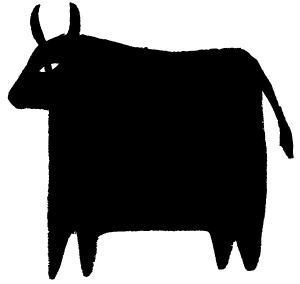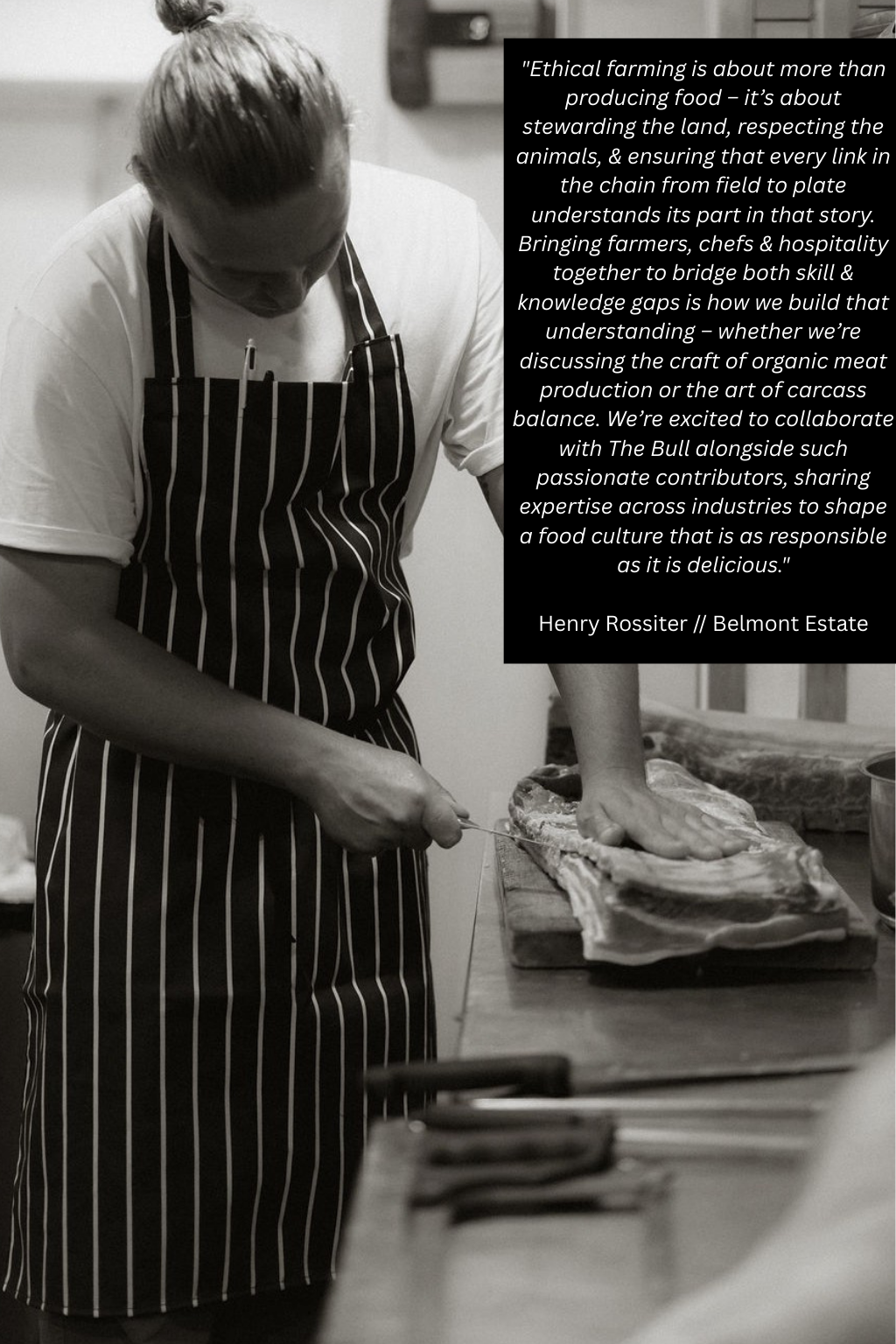







COHORT 2 // Starting on Thursday 5th February 2026
Level 3: Regenerative & Sustainable Hospitality
in Partnership with
The Apricot Centre & The Sustainable Restaurant Association
Here we go again!
We are thrilled to annouce that not only will we be running the 2nd cohort of our Level 3 course from Thursday 5th February 2026, but also that the course has been generously funded by the Department of Education & Devon County Council. This which means we are able to offer both full & partial bursaries to Devon-based applicants. Hoorah!
This course will run over 8 weeks instead of 12, meaning slightly longer days, we hope this will add an element of flexibility and accessability - please click here for course dates.
Applications will open at 9pm on 7th December and will close at 9pm on Monday 22nd December. All shortlisted applicants will be required to attend an interview either in person or online.
Our CFI Awarding Level 3 Award in Regenerative and Sustainable Hospitality is the first qualification of its kind in the UK. Developed in partnership with The SRA and the Apricot Centre, alongside Hospitality Action as wellbeing partner.
Our hope is that this course will help to shape the next generation of hospitality leaders, providing them the skills and knowledge they need to implement regenerative and sustainable practices throughout their operations and to do business in a way that is environmentally restorative and socially just. This is why both ‘sustainable’ and ‘regenerative’ are relevant terms: while sustainable hospitality is about doing no harm, the concept of regenerative hospitality goes even further. Regenerative hospitality means actively doing good — leaving places, people and the planet better off than when you found them.
The 2nd cohort of this Ofqual-Certified programme begins on February 5th 2026, and runs over 8 weeks at Baddaford Farm, our stunning 154-acre farm not far from Totnes.
Each week, learners will deep-dive into specific topics, from understanding food and farming systems in the UK to the practicalities of building and managing an ethical supply chain.
We believe that the hospitality sector has enormous power to shape our future food systems for better or worse; that’s why a course like this is so important, ensuring that the people who are stepping in to run F&B businesses in years to come are equipped and eager to do so in responsible, regenerative ways.
As Ned Burrell — Chef & Director of Knepp Wilding Kitchen — wrote in support of the launch,
“Hotels and restaurants are not just service providers: they are influencers capable of shifting societal norms toward a more sustainable future. By taking bold action, the industry can lead the fight for a healthier planet. The new sustainability bootcamp, led by The Bull Inn team — themselves at the forefront of sustainability — is an exciting step forward for hospitality, helping to close the training gap around sustainability. I hope this will become essential training for all those who want to end greenwashing and bring about greater change for our planet.
GUEST LECTURERS & CuRRICULUM //
“I’ve long admired The Bull and its exceptional team, who I know first-hand as genuine pioneers of regenerative hospitality,” said “Their commitment to ethical sourcing, circular systems and community-centred practices isn’t just admirable — it’s essential. They walk the talk, and their lived experience running one of the UK’s most progressive inns makes them uniquely qualified to share their knowledge with others.”
- Juliet Kinsman, Condé Nast Traveller’s 1st Sustainability Editor, Founding Editor of Mr & Mrs Smith, Founder of Bouteco.
We have a incredible line-up of partners, collaborators, contributers and guest lecturers taking part in delivering this course, all of whom have contributed their time, extensive knowledge, resources and expertise.
Essential Info //
Cohort & Costs:
There are only 14 places available for this cohort. If you are lucky enough to be Devon based you may be eligible to for a full or partial bursary (t&c’s apply), if not the cost for this course for non-Devon residents is £2,450. If you are from outside the county yet would struggle to pay for the course in one lump sum please do reach out to us to discuss.
The fee covers all teaching materials, qualification certificates, field trips and an end of course supper at The Bull Inn, Totnes.
Start Date:
Thursday Feb 5th - 9 > 5.30pm
CUrriculuM
The curriuclum is broken up into 10 Modules which culminates with a business plan assessment at the end of the course. As it is a qualification and not a certification students must attend the classes in-person each week and complete all the necessary assessments and achieve the necessary learning outcomes as per the awarding body requirements before a qualification can be awarded.
(1.) What is Regenerative & Sustainable Hospitality? Why does it matter?
This unit introduces learners to the fundamentals of sustainability & regeneration & what they mean for the hospitality sector.
(2.) Introducing the Triple Bottom Line – Planet, People, Profit
This unit will unpack the concept of the Triple Bottom Line (TBL) and looking at how to apply and assess regenerative and sustainable operations within the conventional framework of hospitality KPIs.
(3.) Supply Chains – Food Systems, Farming and Fishing
This unit will primarily focus on food and farming systems here in the UK, while also considering European and global trading partners. It will examine key interrelated issues, the scale and impact of food waste, food security & sovereignty, climate adaptation and the topic of carbon sequestration.
(4.) Managing a Sustainable Supply Chain – Supplier-Led Menus and Waste No Food
This unit will enable learners to understand how to create, implement and manage a genuinely sustainable food supply chain and how to tackle food waste head-on.
(5.) How to Green Your Bar
This unit will help learners understand the often-overlooked ecological impact of the bar industry.
(6.) How to Work Together to Humanise HR and Build Stronger Communities
This unit aims to explore the advantages and disadvantages of atomistic and conventional approaches to Human Resources and how community is vital to longhevity and success.
(7.) Managing Resources – How Equipment Technology Can Help and Hinder
This unit will equip learners with the knowledge and skills to effectively manage resources throughout the business, including waste, water, energy and services.
(8.) “Think Global, Act Local”
This unit will explore the United Nations Sustainable Development Goals (UNSDGs), and will cover the basics of how carbon emissions are calculated and how they contribute to climate change and what that means to hospitality.
(9.) Marketing, Storytelling and Greenwashing
This unit explores effective strategies for building and marketing sustainability practices, addresses the risks of greenwashing and looks at the power of storytelling, truth & authenticity in sustainability marketing.
(10.) Business Planning
The final unit. This is when our students will turn everything they have learned during this course into a comprehensive & actionable business plan.









